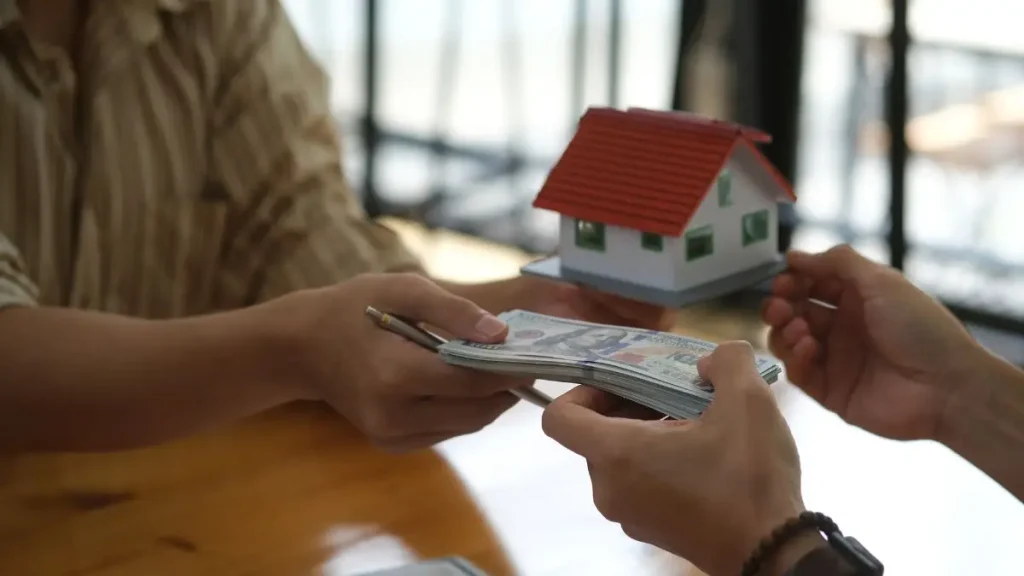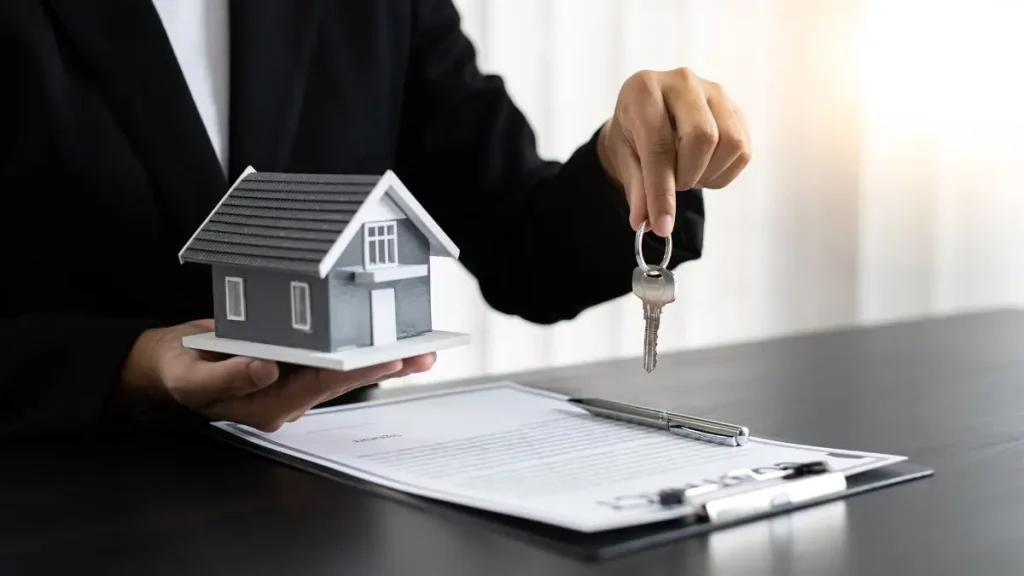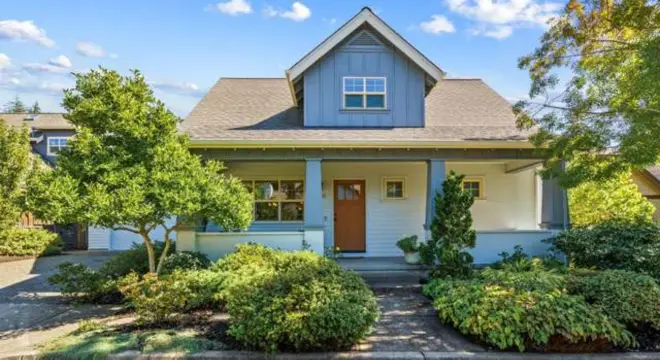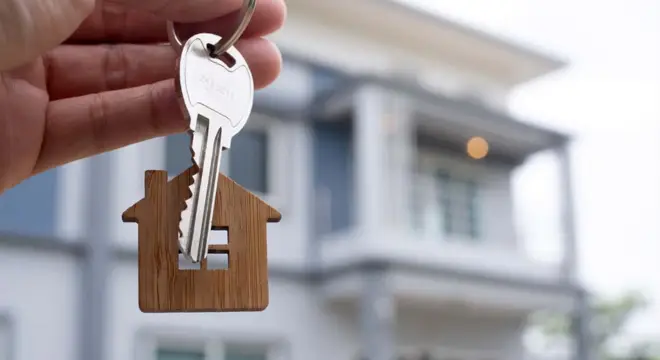Cash vs Mortgage: What Makes More Sense in Today’s Housing Market?
I get it. With mortgage rates still hovering around 6%–7%, the idea of skipping a monthly payment altogether feels like freedom. You’re thinking: Why pay all that interest when I can just buy the home outright and be done with it? You’re not alone. A growing number of buyers—especially in high-competition markets like Florida, New York, and parts of Texas—are going all-in with cash. And sellers? They love it.
A clean, cash offer means no loan delays, no appraisal worries, and less paperwork. It screams certainty. In fact, in places like Manhattan and Albuquerque, over 60% of deals in early 2025 have been all-cash, according to local agent reports and MLS data. That’s not a trend—it’s a signal.
But here’s where most people miss the nuance: Just because something feels smart doesn’t mean it’s the best move for you. Paying cash sounds powerful, and in some ways, it is. But before you start moving money around, there’s a lot to unpack—starting with how cash changes the entire homebuying equation.
Tell me—what’s drawing you to the idea of paying cash? Certainty? Speed? Avoiding debt? Drop your thoughts below—I’d love to hear.
What You Still Pay For — Even Without a Mortgage
Let me be real with you — just because you’re skipping the bank doesn’t mean you’re skipping the costs.
When I bought my first home with cash, I thought I was dodging all the extra fees. But the closing table still hit me with a bunch of surprises: title insurance, transfer taxes, filing fees — the list kept growing. And yes, even if you’re not getting a loan, you’ll still need an appraisal (if you want to know the true value) and a proper inspection (if you don’t want regrets later).
In most cases, cash buyers still pay 2%–3% of the purchase price in closing costs. That’s thousands of dollars. And you’ll need to show a proof of funds letter before your offer even gets taken seriously.
Don’t stress, though. If you plan ahead — keep your funds in one place, avoid last-minute transfers, and have all your documents ready — the process is smooth. Just don’t walk in thinking it’s free of friction. It’s not.
Also, once your offer is accepted, there are several crucial steps you shouldn’t miss after going under contract — even if you’re paying all cash.
The Real Perks of Paying Cash — And Why Sellers Love It

Now let’s talk about the upside. Because there is one — and it’s real.
When I submitted an all-cash offer on a home last year, the seller picked me over two higher offers. Why? Because I could close in 10 days and didn’t have a financing contingency. That’s the power of cash.
You skip the loan underwriting process, which means:
- No waiting on a bank to approve you
- No risk of the deal falling through
- No need for a financing clause in your offer
Sellers love this kind of certainty — especially in a hot market. And you get peace of mind too. No monthly payment hanging over your head. No interest stacking up. No lenders breathing down your neck.
If you’re someone who values speed, simplicity, and control — this route might feel like a dream.
But don’t let the perks blind you. There’s a flip side too.
The Downsides You Can’t Ignore
This is where I tell you what most blogs gloss over.
Buying a home in cash means locking up a big chunk of your wealth in a single, illiquid asset. That’s great if everything goes according to plan — but what if it doesn’t?
Do you have enough left for an emergency? For retirement? For your kid’s college?
Because once that money is in the house, it’s not coming out easily. Sure, you can try for a HELOC later, but that’s still debt — and not guaranteed.
There’s also the opportunity cost. What if that same money in index funds or a rental portfolio could have made you more in the long run? You’re giving up potential returns for the comfort of zero debt. And depending on your tax bracket, you also lose the mortgage interest deduction — which might’ve saved you thousands.
Bottom line? If paying cash leaves you cash-poor, it’s not freedom — it’s a trap.
And don’t underestimate inspection outcomes — some repairs are absolutely worth negotiating before closing, whether you’re paying in cash or not.
Smarter Ways to Get the Cash Edge — Without Going All-In
Here’s what most buyers don’t realize: You don’t need your cash to make a cash offer.
Yeah, read that again.
Platforms like Flyhomes, Better, and Orchard let you make a cash-backed offer — meaning they front the money, and you finance on the back-end. It’s like borrowing speed and certainty, while keeping some of your own cash in the bank.
It’s not free — there are fees and terms you’ll need to understand — but for some buyers, it’s a smarter balance. Especially if you’re selling one home and buying another at the same time.
Another option? Put down a massive down payment, finance the rest, and keep your liquidity strong. That way you still get lower payments without draining your safety net.
Think of this as a spectrum — not a binary choice. You can win with cash without going broke in the process.
If you’re a first-time buyer still figuring out the basics, this simple guide on buying a house in 2025 might help you get clarity on the process before jumping into any decision.
Is Paying Cash the Right Move for You?

This isn’t about what I would do — it’s about your life, your risk tolerance, your long-term goals.
If paying cash still leaves you with a comfortable emergency fund, a growing investment portfolio, and peace of mind — go for it. It’s clean, powerful, and efficient.
But if doing this means wiping out your reserves, leaving retirement plans underfunded, or forcing you to rely on credit cards for the next big emergency… hit pause.
Ask yourself:
- Do I have 6–12 months of expenses saved after closing?
- Am I confident this home won’t need surprise repairs right away?
- Could my money be working harder somewhere else?
One more thing — even if you’re paying in cash, don’t skip the inspection, don’t waive due diligence, and definitely don’t skip title insurance. Just because you’re not using a bank doesn’t mean you should skip protection.
Where are you leaning — full cash, hybrid, or traditional financing? Let’s talk it out in the comments. Sometimes, clarity comes from conversation.
Should You Do It? Here’s How I’d Decide
If you’ve stuck with me this far, you probably aren’t looking for hype. You want clarity. So here’s how I’d think about it — as a friend, not a finance guru.
- If you’ve got the cash,
- You’re not draining your emergency fund,
- You’ve got a strong safety net and future investments,
- And you want simplicity over leverage…
Then yeah, paying cash might be the power move.
But if going all-in leaves you exposed, or your money could be doing better work elsewhere, don’t chase the “cash buyer” badge just for pride. Flexibility often beats finality.
What’s worked for many (including me) is finding a middle path — enough cash to win the deal, enough left over to sleep well after it.
Want more smart, real-world advice for navigating today’s housing market? Explore our latest guides on home buying here.
Disclaimer: This article is for informational purposes only and does not constitute financial or legal advice. Always consult a licensed professional before making real estate or investment decisions. Your personal financial situation may vary.


